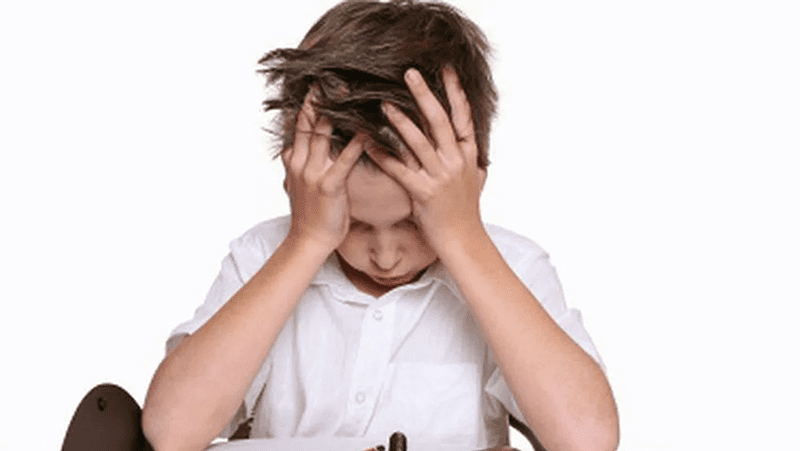Introduction
Depression is a mood disorder that may cause people to feel irritable and hopeless. On the other hand, anxiety is a feeling of dread and uneasiness. It’s common for people to feel anxious, e.g., before taking a test. However, living in constant anxiety and depression can have a detrimental impact on a person’s physical and mental health.
Signs and Symptoms of Depression in Children and Teenagers
According to US National Surveys, 7% of children between the ages of 3 and 17 have anxiety, and 3% suffer from depression. An estimated 3.2 million children (ages 12 to 17) experienced a depressive episode in the United States. These numbers indicate that depression and anxiety are among the most commonly diagnosed mood disorders. In case you are worried about your child – here’s a list of symptoms of depression in children and teenagers:
- Lose interest in the things they like
- Alcohol/drug abuse
- They stay in their rooms all day long
- General tiredness
- Feel hopeless and sad
- Instant mood changes, e.g., they may lose their temper quickly
- Behavioral issues
- Behavioral problems at school
- Changes in eating and sleeping patterns
More than 700,000 people die of suicide every year around the world. Below is a list of signs that you must pay close attention to – in case you are worried that your child might commit suicide:
- They give away their belongings
- They often talk about self-harm and suicide
- They isolate themselves from everyone
- Focus on dying
- Increased risk-taking
Signs and Symptoms of Anxiety in Children and Teenagers
Anxiety is more than the stereotypical person biting his nails and having sweaty palms. It’s more than just a feeling of uneasiness that you feel before you take an exam or go bungee jumping. About 3.8% of the global population suffers from severe anxiety – that amounts to 284 million people around the globe!
People who experience anxiety manifest the signs and symptoms below:
- Physical symptoms, e.g., dizziness and sweating
- Becoming easily fatigued
- They worry all the time
- Have difficulty sleeping
- Experience muscle tension
- Feel restless and irritable
Treatment of Anxiety And Depression
1. Biofeedback/Neurofeedback therapy
If you don’t want to take any medications and are looking for effective ways to treat your anxiety and depression, you should get biofeedback/neurofeedback therapy. Depression and anxiety mess up with the chemical makeup and functioning. Biofeedback therapy is a non-invasive way of measuring brainwaves, sending feedback, and teaching the brain self-control.
You can receive neurofeedback therapy at your nearest clinic/home. If you want to try neurofeedback at home, you wear an EEG headband and install a program on your mobile phone that will help you interpret your brainwave data. By getting neurofeedback at home, you can learn how to change your lifestyle to improve your mental health.
2. Talk Therapy Or Counselling
Sometimes, talking to a therapist about your experiences can be cathartic. We suggest that people suffering from anxiety and depression should receive cognitive-behavioral therapy. Your therapist will help you identify your negative thinking pattern during the sessions. You will start trying to view your thoughts differently. As a result, you can handle stressful situations and handle them more effectively.
3. Medications
Common medications for anxiety and depression include tricyclic antidepressants, serotonin, SNRIs, and SSRIs. Sometimes, these antidepressants are paired with other medications such as antipsychotic medications, lithium carbonate, stimulant medicines, and buspirone. You must note that depression and anxiety affect everyone differently, so your doctor may prescribe an “off-label” drug to alter your brain chemicals.
Sources:
https://www.cdc.gov/childrensmentalhealth/depression.html
https://my.clevelandclinic.org/health/diseases/14938-depression-in-children
https://answers.childrenshospital.org/teens-anxiety-depression/


Leave a Comment